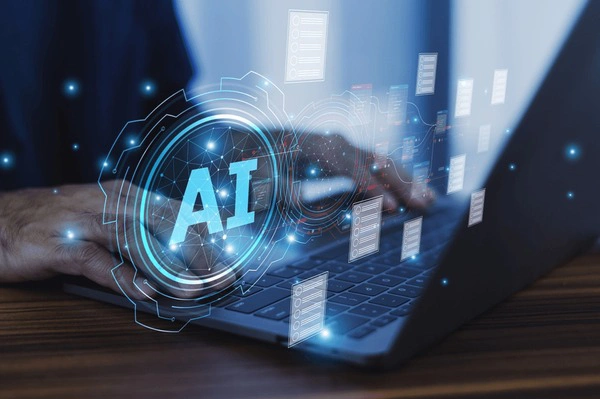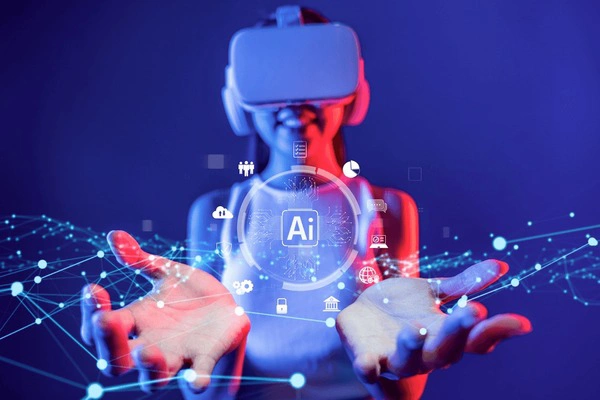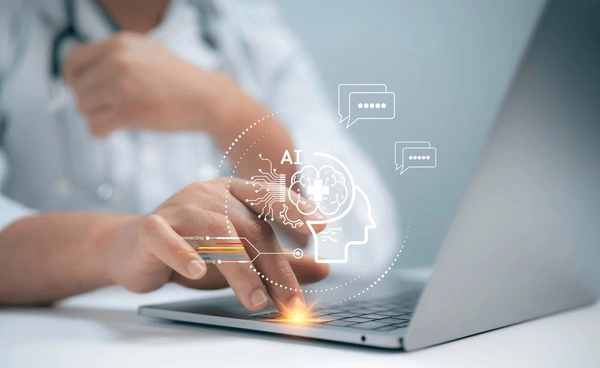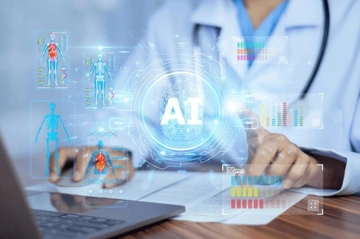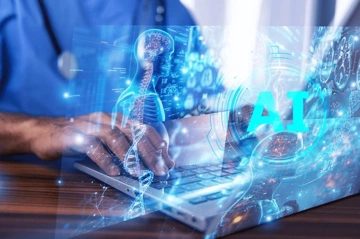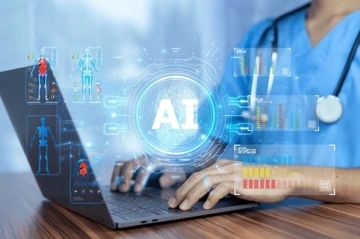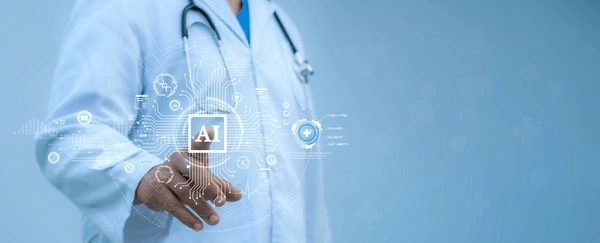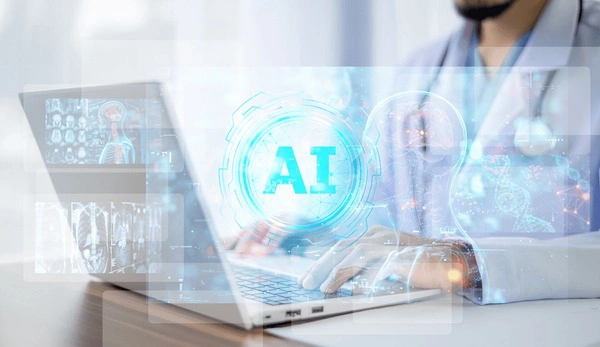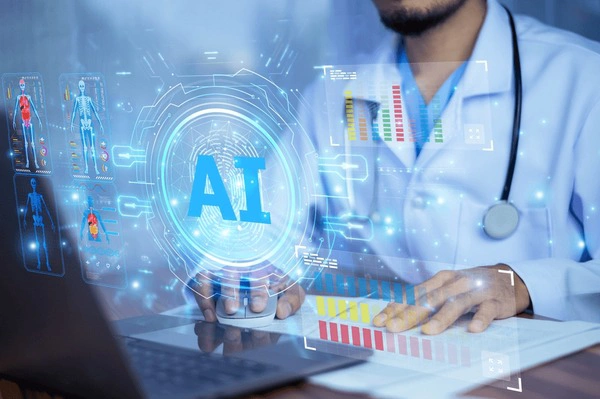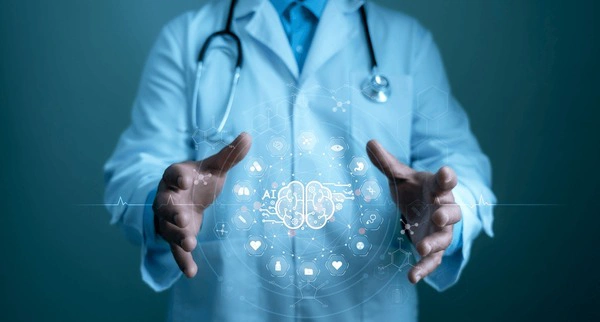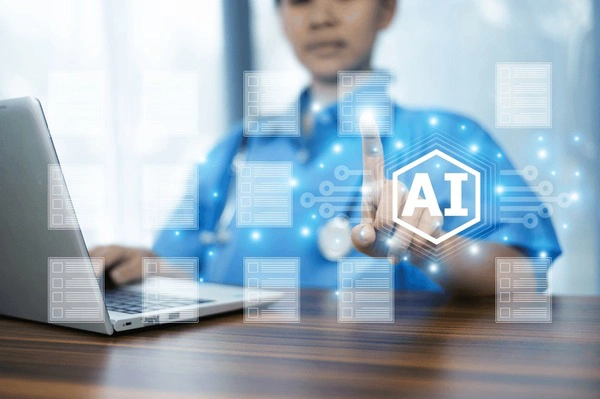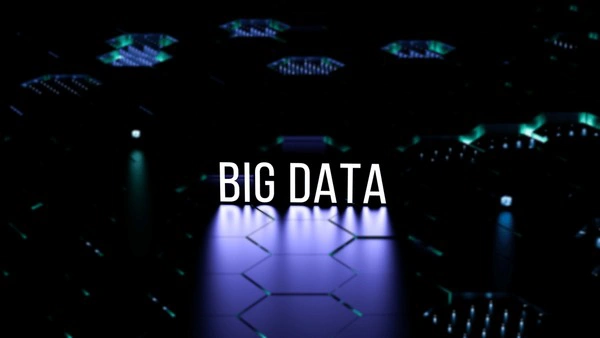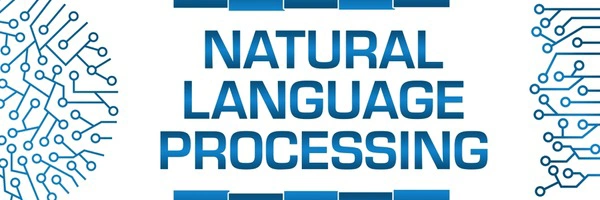
Revolutionizing Healthcare with Natural Language Processing
Natural Language Processing (NLP) is revolutionizing healthcare by converting unstructured data into actionable insights. This technology is enhancing clinical documentation, improving patient care, and facilitating better communication in healthcare settings, with promising future prospects.
Marcus Bennett
29/11/2024 - 7 months ago

Understanding Natural Language Processing
Natural Language Processing, or NLP, is a fascinating field of artificial intelligence that focuses on the interaction between computers and human languages. By analyzing and understanding human language, NLP can transform unstructured data into structured and meaningful insights. This makes it an invaluable tool in many industries, including healthcare, where communication and documentation often involve large volumes of text.
In healthcare, data is generated every second, from patient records to clinical trial reports. Much of this information is in an unstructured format, meaning it is not organized in a predefined manner. Unstructured health data can be challenging to manage and analyze, but NLP offers a solution by converting this information into a format that is easier to process and understand.
The application of NLP in healthcare is particularly promising because it addresses one of the most significant challenges in the field: improving clinical documentation. By automating the process of data entry and analysis, NLP reduces the burden on healthcare professionals, allowing them to focus more on patient care. This technological advancement ensures that critical information is not lost in the shuffle of paperwork and is accessible when needed.
NLP Transforming Clinical Documentation
Clinical documentation is a critical component of healthcare, serving as the official record of patient care. However, traditional methods of documentation can be time-consuming and prone to errors. NLP technologies are changing this by providing tools that can automatically extract relevant data from various sources, streamlining the documentation process.
For example, NLP can analyze notes taken during a patient's appointment and extract key details such as symptoms, diagnoses, and treatment plans. This helps create a comprehensive and accurate patient record without the need for manual data entry. As a result, healthcare providers can spend more time with their patients and less time on paperwork.
Moreover, NLP can identify patterns and trends within patient data that might go unnoticed by humans. By highlighting these insights, healthcare providers can make more informed decisions about patient care, potentially leading to better outcomes. This transformation in clinical documentation not only improves efficiency but also enhances the quality of care provided to patients.
Enhancing Communication in Healthcare
Effective communication is essential in healthcare settings, where clear and accurate information can significantly impact patient outcomes. NLP helps bridge communication gaps by translating complex medical terminology into language that is easier for patients and their families to understand. This ensures that everyone involved in the care process has a clear understanding of the patient's condition and treatment plan.
Furthermore, NLP can assist in real-time translation services in multilingual healthcare settings. This is particularly beneficial in diverse communities where language barriers can impede access to care. By providing instant translations, NLP facilitates better communication between healthcare providers and patients, ensuring that all parties are well-informed and engaged in the care process.
NLP also supports healthcare professionals by providing them with quick access to relevant information. For instance, when faced with complex cases, doctors can use NLP tools to swiftly analyze a patient's history and relevant medical literature, enabling them to make faster and more accurate decisions. This enhances the overall communication within healthcare teams, promoting a collaborative and informed approach to patient care.
Future Prospects of NLP in Healthcare
As NLP technology continues to advance, its potential applications in healthcare are vast and varied. Future developments could include more sophisticated tools capable of predicting patient outcomes based on historical data, providing personalized treatment recommendations, and even detecting early signs of diseases through subtle changes in language patterns.
Researchers are also exploring the integration of NLP with other technologies such as machine learning and predictive analytics. This combination could lead to the creation of intelligent systems that not only understand and process language but also learn and adapt over time. Such systems could revolutionize healthcare by offering proactive solutions and enhancing preventive care strategies.
Despite the promising prospects, the implementation of NLP in healthcare must be approached with caution. Ethical considerations, data privacy, and the need for ongoing training and evaluation are crucial to ensure that these technologies are used responsibly and effectively. By addressing these challenges, NLP can continue to play a pivotal role in transforming healthcare, making it more efficient, accessible, and patient-centered.
